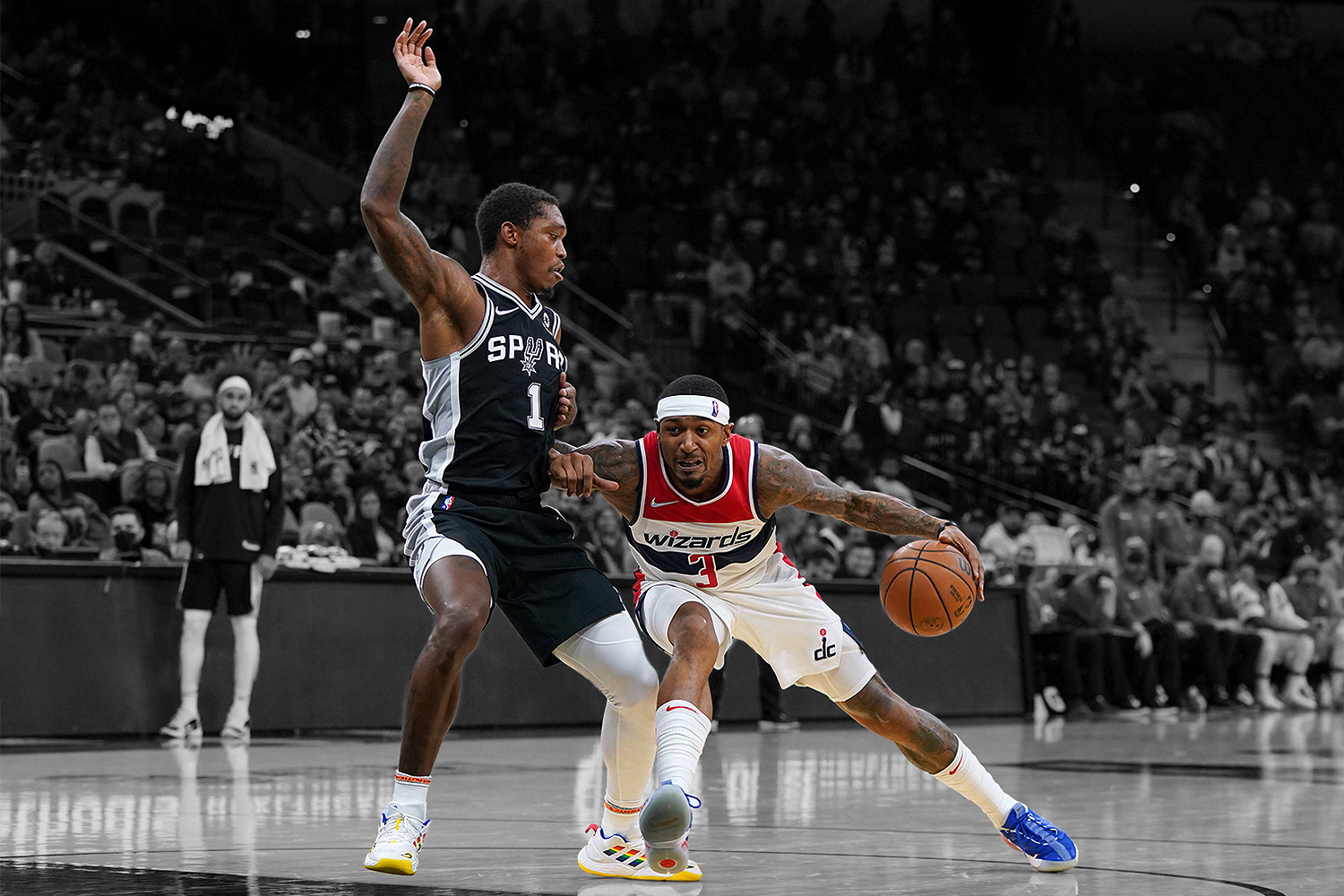Arthur Blank'S Winning Strategies In Sports Team Ownership

In the world of sports, ownership is more than just a title; it’s a commitment to excellence, community, and financial viability. Arthur Blank, co-founder of The Home Depot and owner of the Atlanta Falcons and Atlanta United FC, exemplifies these principles through his innovative approach to sports team ownership. This article explores Arthur Blank's ownership strategies, emphasizing their financial implications and community impact.

Understanding Sports Team Ownership
Sports team ownership plays a crucial role in shaping the industry. Owners are responsible for not only the financial success of their franchises but also for cultivating a strong connection with fans and the community. Arthur Blank stands out as a key figure in this realm, having transformed the Atlanta Falcons and Atlanta United FC into successful franchises. His unique approach emphasizes strategic investments and community engagement, setting a benchmark for aspiring owners.
Arthur Blank: A Case Study
Arthur Blank’s journey in sports ownership began when he purchased the Atlanta Falcons in 2002. Under his leadership, the team has seen significant growth, both on and off the field. In 2017, the Falcons moved into the state-of-the-art Mercedes-Benz Stadium, which not only enhanced the fan experience but also generated new revenue streams.
In addition to the Falcons, Blank co-founded Atlanta United FC in 2014. The soccer team quickly became one of the most successful franchises in Major League Soccer (MLS), drawing record attendance and winning the MLS Cup in 2018. Blank’s approach combines a commitment to excellence in sports performance with thoughtful community initiatives, exemplifying a modern model of sports team ownership.

Ownership Strategies in Sports
Arthur Blank employs several key strategies in his ownership of sports franchises. One of the primary strategies is diversification of revenue streams. By investing in state-of-the-art facilities and creating fan-focused experiences, he ensures that income comes from various sources, including ticket sales, merchandise, and concessions.
For instance, the Mercedes-Benz Stadium hosts not only Falcons and United games but also concerts and other events, maximizing its usage throughout the year. Blank's focus on innovative business models, such as partnerships with local businesses and engaging sponsorship deals, further enhances the financial stability of his teams.
Financial Implications of Team Ownership
The financial implications of sports team ownership are vast. Franchise valuations have soared in recent years, with the Atlanta Falcons valued at approximately $3.8 billion in 2021, according to Forbes. Ownership of a sports franchise provides various revenue opportunities, including broadcasting rights, ticket sales, and merchandise.
Moreover, Blank's strategic investments have significantly increased the franchise's profitability. The introduction of premium seating options and hospitality packages at the Mercedes-Benz Stadium has contributed to a substantial boost in revenue. This financial acumen emphasizes the importance of a well-rounded strategy in sports team ownership.

Community Impact and Fan Engagement
Arthur Blank understands that community involvement plays a vital role in a team's success. His commitment to philanthropy is evident through initiatives that support local education, health, and social services. This focus on community engagement fosters fan loyalty and enhances the overall brand image of the franchises.
For example, Atlanta United FC has made efforts to engage with diverse communities in Atlanta, hosting events that cater to fans from various backgrounds. Such initiatives not only strengthen community ties but also help in building a dedicated fan base that contributes to the franchise's success.
Challenges in Sports Team Ownership
While sports team ownership can be lucrative, it is not without challenges. Owners often face legal hurdles, financial pressures, and the need to maintain a competitive edge. For instance, Blank encountered significant challenges during the construction of the Mercedes-Benz Stadium, including budget overruns and regulatory hurdles.
Moreover, the evolving landscape of sports, including changes in broadcasting rights and the impact of digital media, presents ongoing challenges for team owners. Navigating these complexities requires resilience, adaptability, and a forward-thinking approach.
Conclusion
Arthur Blank's sports team ownership exemplifies effective business practices, showcasing the importance of community engagement, financial acumen, and innovative management techniques. Through his case study, we observe that successful sports team ownership is not solely about profits; it’s about building a legacy and making a positive impact in the community.
As aspiring owners and sports management professionals consider their paths, they can look to Arthur Blank's strategies as a model for success. By prioritizing community involvement and financial stability, the future of sports team ownership can be both prosperous and impactful. For more insights into sports management and ownership strategies, visit our resources on sports management and business strategies.